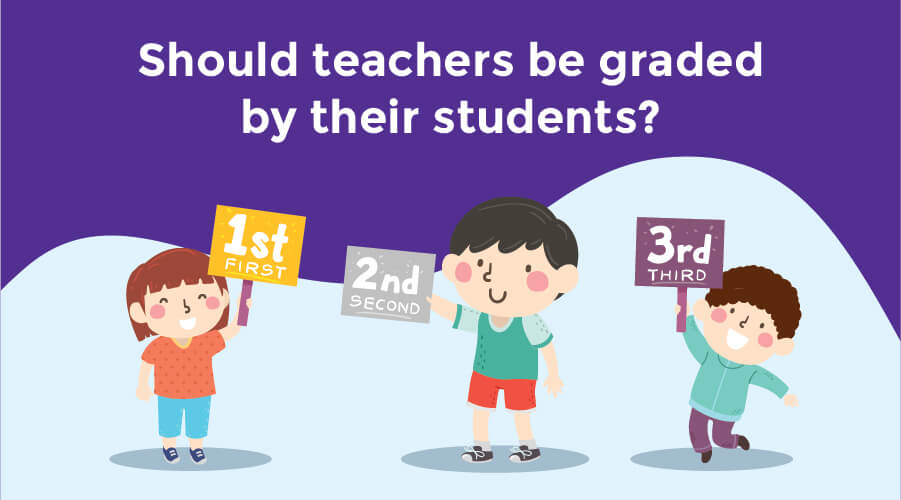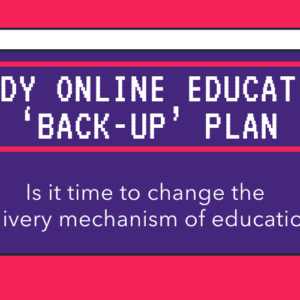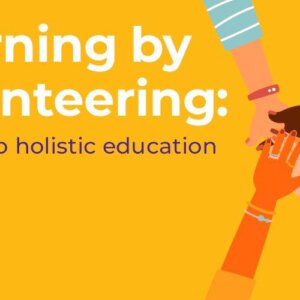What helped me most in improving myself as a teacher?
2013 was the most eventful year of my life when I had got, not one, but two awards. The English Language Teacher’s Association of India had found me worthy of the ‘Best Paper Presentation Award’ in 2012. This proved to be a milestone in my being considered for the ‘Best English Teacher’ by the ELTAI Chapter of India.
Receiving my award from Dr. Rosaiah was a historical moment in my life. The same year my school also conferred me with‘ Teacher of the Year’ award which I received with shaking hands, tumultuous thoughts in my heart but my ‘head held high’- to borrow a phrase from Tagore.
“How could you achieve what you have?” asked Mr. Natarajan, the President of ELTAI and it was the result of many factors. I suppose the answer lies in being a dedicated reader of many articles and books on education, being creative in the classroom, and experimenting with methodologies to make learning enjoyable.
But, if I were to rate one factor higher than the rest that helped me improve as a teacher–it was taking my report card from my students.
Looking in from the other side: Students grading Teachers?

I remember when for the first time I had announced in the class that, that day my students would be writing my Report Card, they were shocked and stared at me in disbelief. The few audacious ones laughed at me in –someone looked hard at me and asked-
“You are not serious! Are you?”
I meant what I had said, now listen to my instructions carefully.
Take out the centre page from your notebook and divide it between the two of you on each bench.
Please do not write your name and secondly, hold the pen in your left hand so that you don’t have the thought that I would identify your answers from your handwriting.
Write the truth and only the truth – even though it means you are criticizing or choosing to disagree.
I could see a flush of great relief on their faces. They had never done this before and were mighty excited about it. I had rehearsed the questions once in my mind. I allowed them to listen to my questions carefully and then write. On a piece of paper, I kept jotting the questions so that the order of answers could be matched. I deliberately did not take rounds which were my customary habit so that the students wrote without any inhibition.
What did I ask?
Here are the questions that asked my students with some trepidation.
- Do you like my classes? Give reasons for your answers.
- What do you find most exciting and interesting?
- What should I include more in my classes to make them more interesting to you?
- How can I improve?
- Is there something you do not like about my classes?
- Do you want to share something about the class which I don’t know but I should be knowing?
- On a scale of 1 to 10 give me marks
- If possible, let me know where I am losing marks, and why?
The entire exercise took one period.
Initially, they exchanged glances, re-read what they had written and pondered over it before submitting. The glint in some eyes revealed the fact that they had written some secrets which were unknown to me.
Generous and loving as most of the children were- they generously gave me high marks and paid me compliments. Some of them wrote their names too.
The Outcome
The most useful were the answers from my critics. One of them pointed out that I took too long to check notebooks while the other pointed towards an incident when I had scolded the whole class because their German teacher had given me a negative report about them. They expected that I should have listened to their side of the story too. After all, I was their class teacher!
I came to know that a child, who I had thought was very disapproving of my friendly ways, appreciated the fact that I knew the family background of every student and took pains to know each of them personally.
They pointed out that my grammar classes were boring and that they loved role play, dumb charades, and quizzing.
Taking criticism is not as easy as it seems. I had thought that I was quite bold and receptive but the dissenter’s comments made me writhe and I confess, I had to make efforts to appear composed in the next class.
The next day a few of them inquired whether I had read the Report Cards. They did not know I could not stop myself from hungrily devouring the content of each page, each Report Card.
My Reflections
You had asked for it and you better swallow the criticism.
This is what I told myself. But that day I announced in the class that as they were given 3 days to submit the homework, they will give me only 3 days to check the copies. Loud applause followed and I knew my late checking was a cause of irritation to them and late feedback had little or no impact.
I mentally recalled the happenings of the day when I had scolded my class and realized I had not given them the chance to put up their case. I made a steely promise to myself never to be judgmental on impulse. This bolstered the faith that my class had in me.
I watched a couple of videos on Youtube to find out how my counterparts in other countries made their grammar classes full of fun and engaging too.
When and why we all must get a report card?
Rob Bolitho hurled a question in the air to the audience, in the English Language Teacher’s Conference, about whether teachers thought of taking feedback. I proudly shared that I did after the end of each academic year, and for the past two years this practice was benefitting me.
“Why at the end of the year?” he asked. “The damage is already done and even if you improve, that batch wouldn’t benefit from your changed strategies,” he added.
He had a point.
From 2014 onwards, I started taking my Report Card thrice a year, and every time I found what worked well and what did not. As the children also shared their personal problems with me, through the answer to the last question-[do you want me to know something which you think I should know?] I became a teacher who had the key to their heart.
Feedback from my Team
I continued this practice when I took over as the administrator and was given the responsibility of Pre-primary Incharge. The answers of the team helped me but they held back and wrote hesitantly. I devised a better way. I mailed them the questionnaire and asked for typed answers which were to be put as a hard copy in a box –and they were not to write their names.
I passed my test every year with good feedback but my team shared where the cracks were. This helped me in revisiting my practices.
I head the Middle section now and in the past 10 months, I have taken 3 feedbacks and was glad to know about where I need to work harder.
Once a teacher had commented, teaching is not happening if learning is not there. Feedback is as important for the teacher as the student. We condition our students to silently bear everything in the name of being obedient. We may be masters of our own subjects, mentors for many years, but we need to know what we don’t know that is – what students think of our teaching style, our approach, and our behaviour. Just as we wish our red lines under wrongly spelled words should be read carefully and inspire students to improve spelling, similarly students also expect to see a loving teacher improve her attitude and approach towards them.
The only condition- we should be ready to take our Report card from them.
What did you think about this article by Sunita Rajiv? Would you get your students to write you a report card? Let us know in the comments section.
Read more articles by Sunita Rajiv here –
Let Students Take Charge of Their Own Learning, Achieve Learner’s Autonomy
The secret to Being a Successful Teacher – Don’t Teach First 3 Days of School
Thinking of a plan for returning to school or adjusting to the new normal?
Here’s a dedicated page to support all educators.
Check out the resources that we, along with Cambridge Assessment International Education, have made available at https://bit.ly/CambridgeReady





